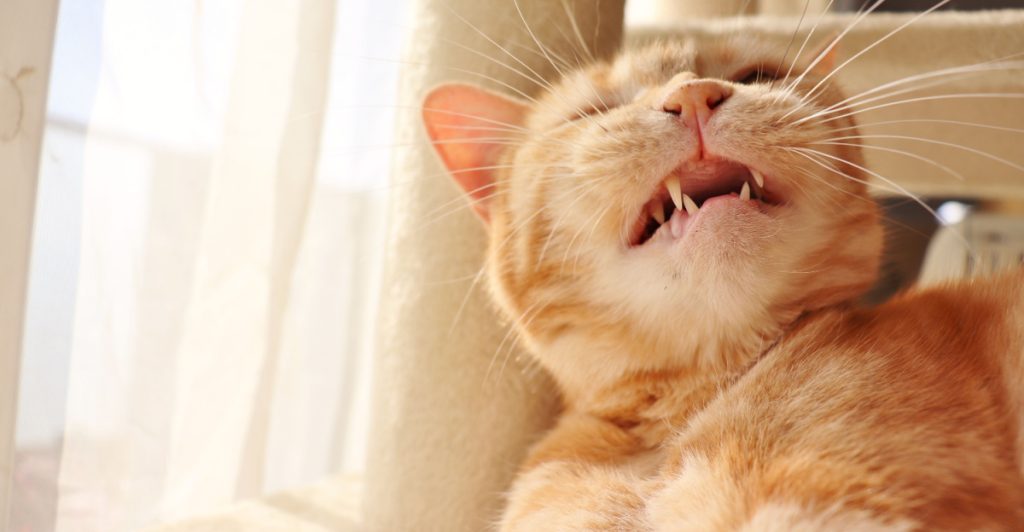Kittens sneeze for all sorts of reasons, from dust to infections—but how do you know when it’s serious? Here’s what that tiny “ah-choo” could really mean.
Others are reading now
A kitten’s sneeze is often harmless and endearing. But when it keeps happening—especially alongside other symptoms—it’s time to look closer.
Sneezing can be your kitten’s way of reacting to everyday irritants, but it can also signal illness, and understanding that difference is key to keeping your pet healthy.
Not All Sneezes Are a Problem
Much like humans, kittens may sneeze when they encounter strong odors or irritants.
Cleaning products, dust, cigarette smoke, or even a whiff of perfume can be enough to trigger a reaction. In these cases, the sneezing is usually short-lived and stops once the air clears.
Also read
However, if sneezing is persistent or appears alongside symptoms like runny eyes, nasal discharge, or lethargy, there may be something more serious going on.
According to Daily Paws, upper respiratory infections are among the most common causes of prolonged sneezing in kittens—particularly in those recently adopted from shelters or outdoor settings.
When Sneezing Signals an Infection
Upper respiratory infections (URIs) in kittens are often viral, caused by herpesvirus or calicivirus. These infections are highly contagious between cats and can become chronic, especially if left untreated.
Symptoms often start with sneezing and escalate to nasal and eye discharge, loss of appetite, or even mouth ulcers. The good news is that vaccines are available to protect against these viruses, though they won’t cure an active infection.
Treatment typically includes fluids, antibiotics if a bacterial component is suspected, and sometimes antivirals or supplements to manage symptoms.
For mild cases, care at home with a warm, calm environment and aromatic food may be enough to help your kitten recover.
Other Possible Causes
Not all sneezing kittens have URIs. Other possibilities include fungal infections, environmental allergies, and less commonly, issues like asthma or rhinitis. A lodged foreign object—such as a blade of grass—can also trigger inflammation and repeated sneezing. If a kitten sneezes blood, coughs, or stops eating, a vet visit is urgent.
Advanced cases may require lab tests, imaging, or even a rhinoscopy to locate the problem. These situations aren’t common, but they illustrate why it’s important to monitor symptoms and seek veterinary help when needed.
When to See the Vet
You don’t need to panic over a single sneeze. But if the sneezing is persistent, worsening, or paired with concerning signs like weight loss or labored breathing, it’s safest to consult a vet. Kittens have immature immune systems and can go downhill quickly without proper care.
The bottom line: sneezing is often minor, but it can also be a clue. Pay attention, watch for patterns, and don’t hesitate to get help when your kitten’s health seems off. In many cases, prompt treatment makes all the difference—and helps your little feline get back to purring in no time.


